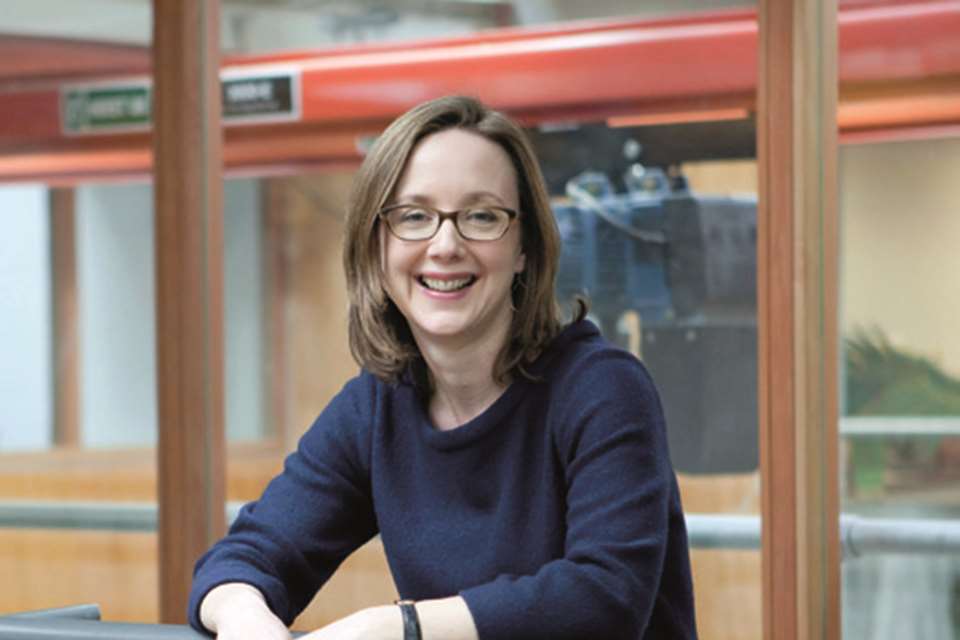Opinion with Ellie Aylwin
Ellie Aylwin
Friday, March 1, 2024
How can we use drama as an impactful tool in Early Years?

As a newly qualified Early Years teacher, I specialise in children aged 0 to 5 and, as such, have entered the workforce with a myriad of recent research and knowledge about child development and how young children best learn and retain their learning. All this research points to child-initiated learning being far superior to teacher-led lessons. I strive to incorporate as much child-led provision into my classroom as possible, while still meeting the high expectations of the school and parents in evidencing each child's progress and continual development. Drama, or more specifically, role-play, has formed a central part of that process.
In my pre-school, like most Early Years provisions, we prioritise the three main areas of learning: PSED, CAL and Physical Development. The foundation of role-play is built upon these skills. In interacting with one another, and incorporating friends into their imaginary games, these children are rapidly developing their Personal, Social and Emotional Development. In communicating within the game and performing their roles, they are practicing their Communication and Language skills. By running around the playground as fire-people, or climbing the pirate ship, or fixing the roof of the doll's house as builders, they are developing physically. Drama is one of the widest nets you could cast as an Early Years teacher if you wanted to develop all areas of learning at once.
As part of our classroom provision, we also theme our learning around topics that the children are interested in and incorporate the other areas of EYFS (Phonics, Maths, Expressive Arts and Design, and Understanding the World) within these topics. Allowing children to explore their provision independently gives them the opportunity to develop holistically and follow their interests. The most popular and beneficial area of this provision is our role-play area. It's the best way we have found to introduce our topic and get the children really excited about it. For example, if our topic were space, we would transform the role-play area into a rocket ship.
At the start of term, the children would all flock to the ship and begin creating imaginary games about astronauts, space, aliens and all things in between. We then observe these games, scff olding their learning or helping them set challenges where appropriate, and then build our own lessons around this. The children have developed their own independent interests in the topic through role-play, by immersing themselves in an imaginary world. If the teacher can ignite this imagination while they teach their lesson, the child is far more likely to absorb and retain the information. Now, instead of struggling to capture their interest and attention through adult-led-and-imposed learning, all I have to do is frame my teaching within their current area of interest and they will meet me there.
That is what open-ended subjects like drama provide. A space for self-exploration and challenge which, if captured effectively, can be utilised to facilitate true, deep and meaningful learning.
- Ellie Aylwin, Early Years educator and freelance writer





